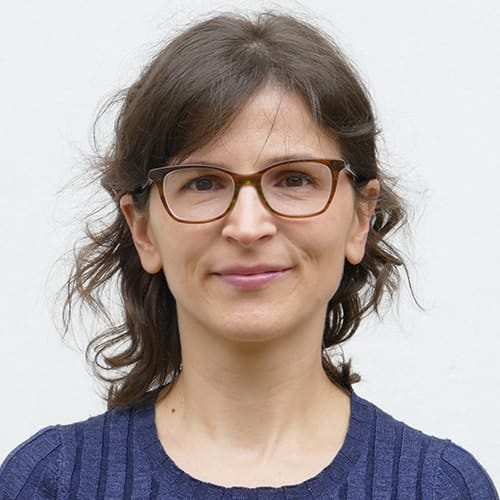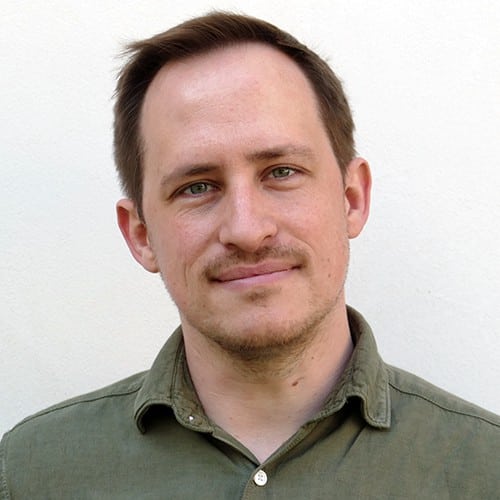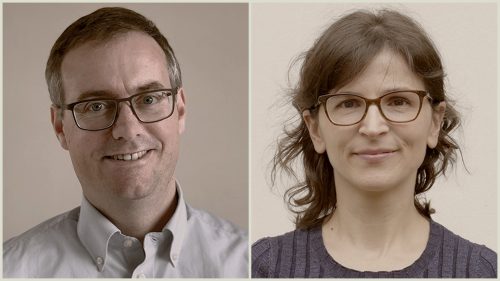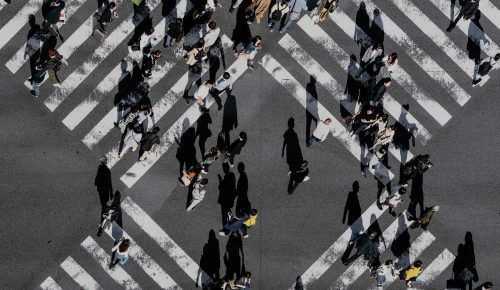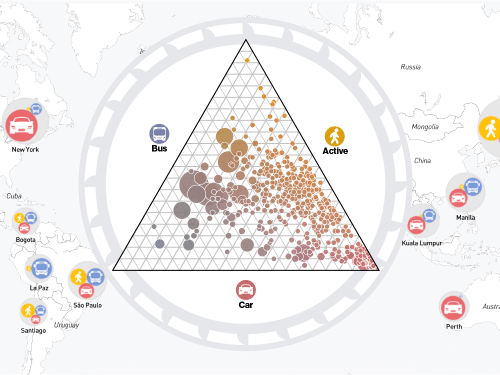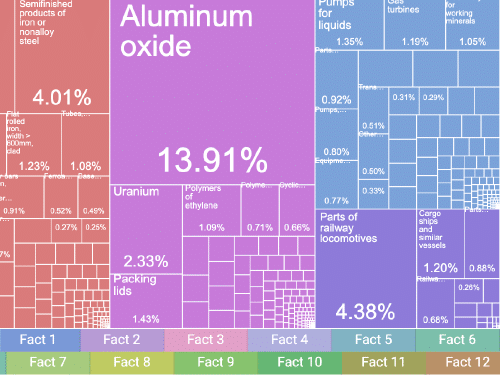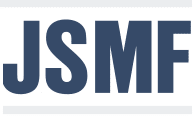Research Topics
Transforming Economies
Modern economies are rapidly changing as they cope with important societal transformations, such as the green transition and the advent of digitization and artificial intelligence in the workplace. We study the impacts of this change throughout the economy, from individual careers of workers to the competitiveness of nations.
Today’s economies are forced to adapt at an increasingly fast pace to cope with challenges that range from climate change and (de)globalization to the emergence of new technologies. To understand how economies can meet these challenges, we must understand the transformations they set in motion across levels of aggregation, from the careers of individual workers to entire labor markets, and from the investment and diversification paths of firms to the growth and development trajectories of cities, regions, and countries.
Our approach involves studying how people’s skills and know-how are coordinated in collective learning. The production of today’s vast array of complex goods and services requires skills and know-how that extend far beyond the knowledge and capabilities of any single individual. Therefore, economies distribute tasks and know-how across people, organizations, and locations. Subsequently, they coordinate this knowledge by forming teams that collaborate with other teams, creating networks of distributed knowledge that span the globe.
With a set of unique research methods and expertise in complex systems, we aim to understand these dynamics in depth. We explore how workers navigate job markets and advance their careers in the face of increasing digitization and AI expansion. We study how the economies of cities diversify and evolve under increasing social and environmental pressures. Moreover, we investigate how knowledge diffuses across places with changing patterns of mobility of both people (migration) and firms (investments) and how people and firms collaborate across places. The lessons we learn from our analysis are leveraged to assist economies in effectively adapting to change.
Goals
- Understanding the progression of individual careers and the factors that influence them
- Exploring how firms invest, change their spatial footprint, and impact local economies
- Gaining a better understanding of how teams function today and how teamwork has evolved over time
- Investigating how individual learning shapes collective learning within companies and economies




